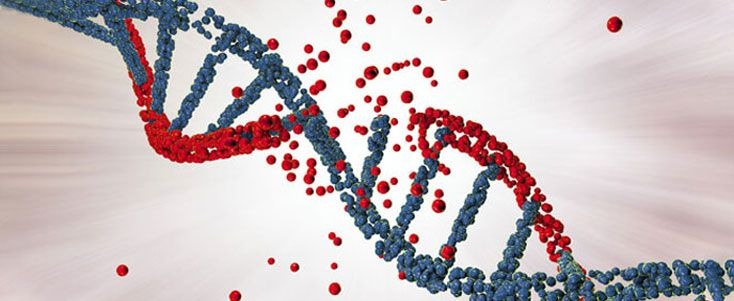 Image Source : Indus Health Plus
Image Source : Indus Health Plus
Indian scientists have taken a unique approach to studying the country’s genetic diversity by using white blood cells instead of saliva or skin cells to extract DNA. This method, employed in the Genome India Project, has provided groundbreaking insights into the genetic makeup of over 10,000 individuals across diverse communities.
Key findings
-
- White blood cells, produced in the bone marrow and circulated in the bloodstream, offer a more stable and reliable source of DNA for genetic analysis.
-
- The study has identified 135 million genetic variations, many of which are unique to Indian genomes and not found anywhere else in the world.
-
- Researchers collected samples from 83 population groups, including tribal and non-tribal communities, ensuring a comprehensive representation of India’s genetic diversity.
-
- The findings are expected to revolutionize preventive medicine by enabling personalized treatments based on genetic predispositions.
-
- The Genome India Project aims to establish a robust biobank for future research, develop affordable genetic diagnostic tools, and pave the way for precision medicine in India.
Impact on Healthcare and Research
The use of white blood cells has allowed scientists to analyze mutations linked to various diseases, helping to predict health risks and improve targeted treatments. Experts believe this research will play a crucial role in understanding hereditary conditions and tracing ancestral movements across regions.
Sources: India Today, Nature Genetics, Genome India Project.
Advertisement
Advertisement





